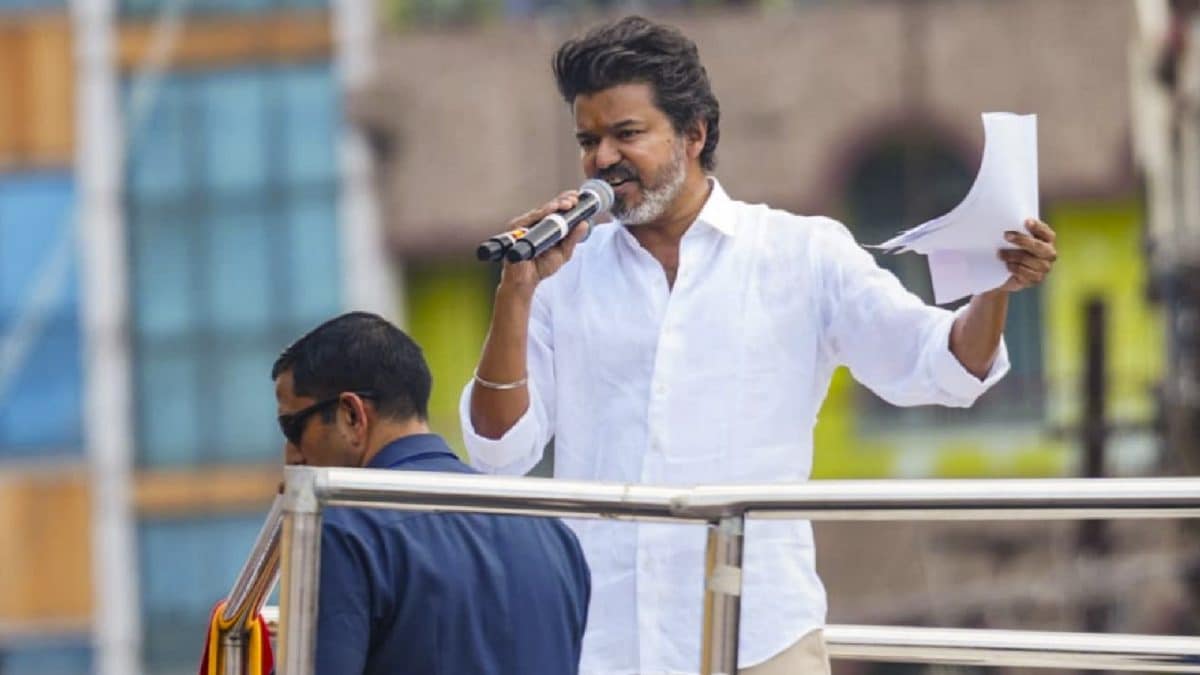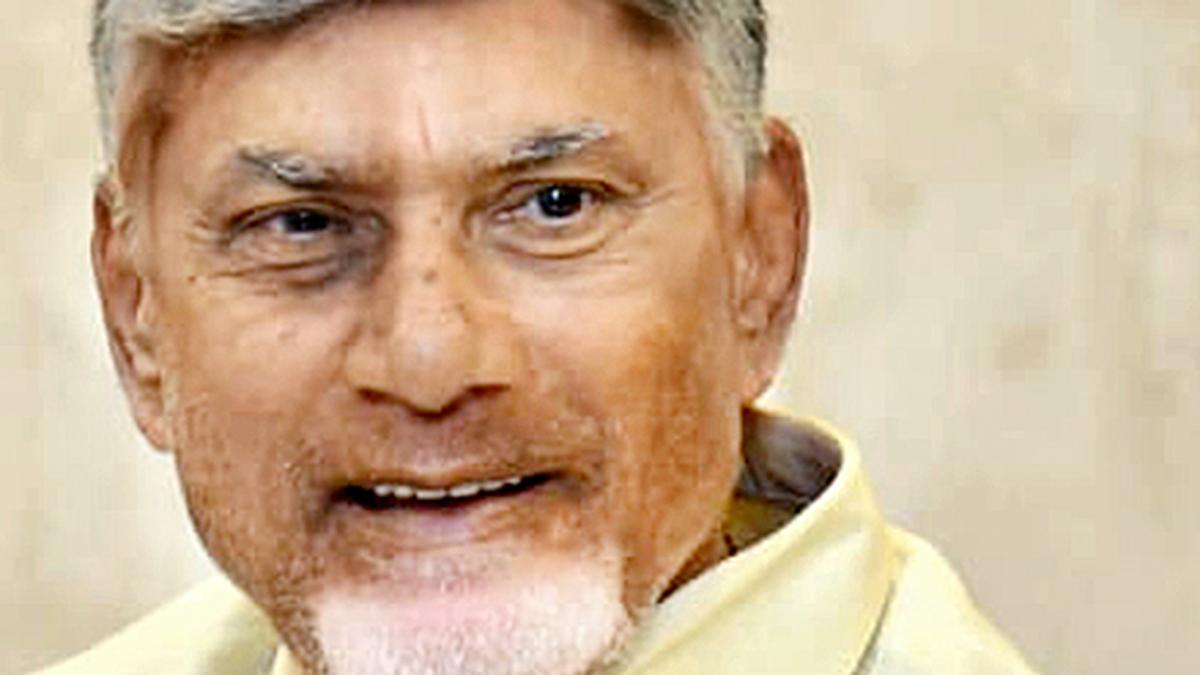Any delay in the adoption process postpones and deprives children of the formative experiences and opportunities that can significantly alter the trajectory of their lives. The authorities under the Juvenile Justice (Care and Protection of Children) Act are obliged to speed up the adoption process, observed the Madurai Bench of the Madras High Court.
Justice G.R. Swaminathan took judicial notice of the prolonged delays in concluding the adoption process.
Referring to The Hindu editorial titled ‘Should India relax its adoption procedures?’ which laments the long waiting periods in the current system. Some reports indicate that as many as 13 prospective parents are waiting for every single child declared legally free for adoption. The judge observed that this imbalance along with procedural delays meant that many children spend their crucial early years in institutional care rather than in stable, loving homes. Such delays risk denying them the timely access to a nurturing environment essential for their overall well-being, development, and equitable life opportunities. Whether placed at birth or later in childhood, the intended goal of adoption had always been to facilitate a permanent and nurturing family in which a child’s physical, emotional, relational, and educational needs are met.
In many cases, adoption is seen as an opportunity for children to recover and heal from adverse, and possibly traumatic, experiences encountered prior to placement. Beyond these developmental issues, adoption shapes a child’s future lifestyle and access to opportunities including quality education, healthcare, and social mobility, that are often unavailable in institutional or foster care settings, the court observed.
The court was hearing the case of a Muslim couple. The couple had no children. The man’s brother died leaving behind his wife and three children as his surviving legal heirs. The widowed mother offered to give her eight-year-old child in adoption to the petitioner and his wife who were willing to accept the child. An adoption deed was executed and presented for registration. However, the registering authority declined to register the document. Hence, the petition was filed.
The court observed that Islam, which the parties profess, does not recognise adoption. Sections 1(4) and 63 of the JJ Act in the light of Article 15(3) of the Constitution will prevail over the Muslim Personal Law and an adopted child will have the same status of a biological child in all matters and an adopted child cannot be given a second class status.
The parties are Muslims. They have to necessarily follow the procedure laid down in the Juvenile Justice Act and the Rules and Regulations framed thereunder. They cannot seek the option of executing an adoption deed and getting it registered. Law does not recognise the same. The parties have to approach the District Child Protection Unit and the District Magistrate. The need for obtaining the consent of the Child Welfare Committee will not arise if the biological parents of the child have given their consent, the court observed.
The Right to adopt, may not as on date, be recognised as a fundamental right within the scope of Article 21 of the Constitution but it is certainly a human right, the court observed.
The parties are permitted to adopt the procedure laid down in the Adoption Regulations, 2022. The Child Protection Unit shall complete the verification process in three weeks after the application is uploaded in the portal. It is the duty of the officials to ensure hassle-free uploading of the application. Once the matter goes before the District Magistrate, the application shall be disposed of in three weeks thereafter. Once an order of adoption is issued by the District Magistrate, it is unnecessary to get it registered, the court observed and disposed of the petition.

 1 hour ago
4
1 hour ago
4









 English (US) ·
English (US) ·